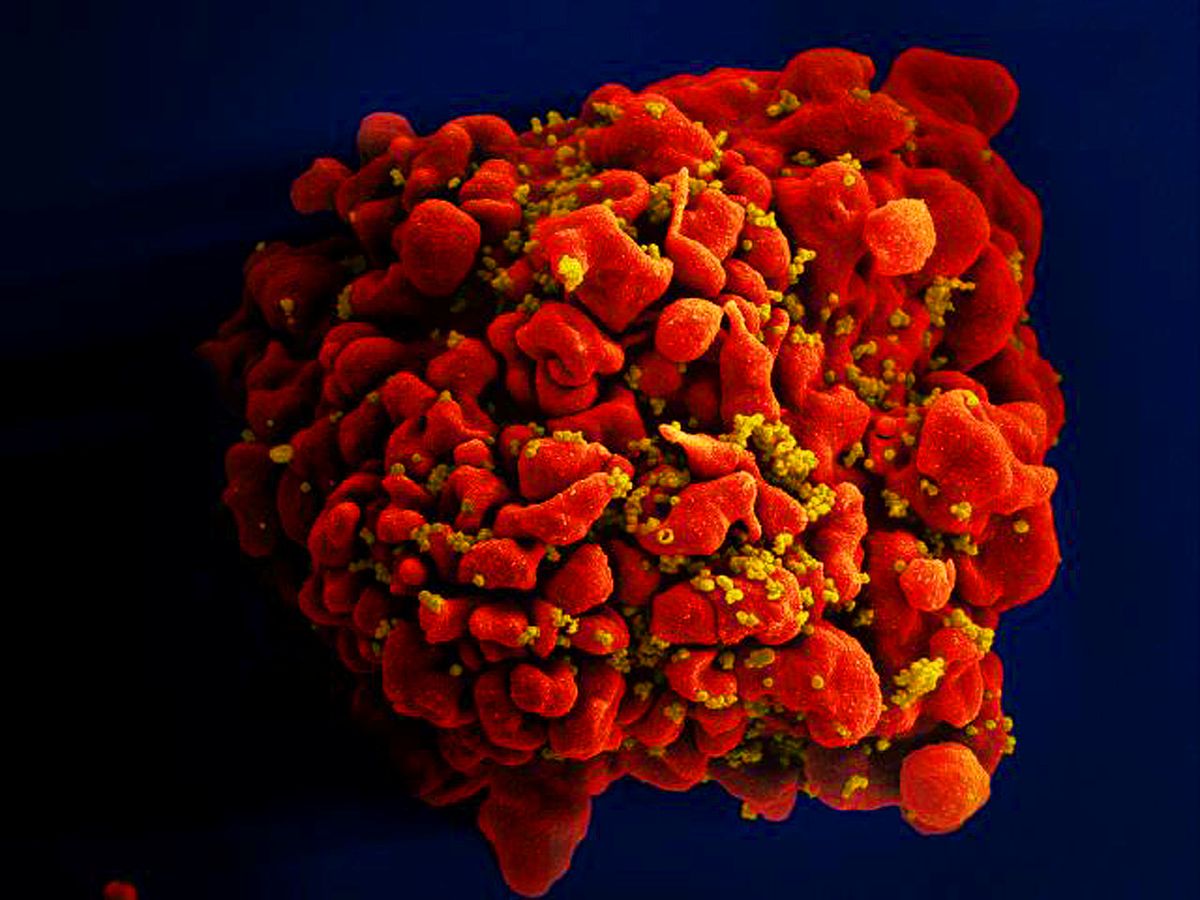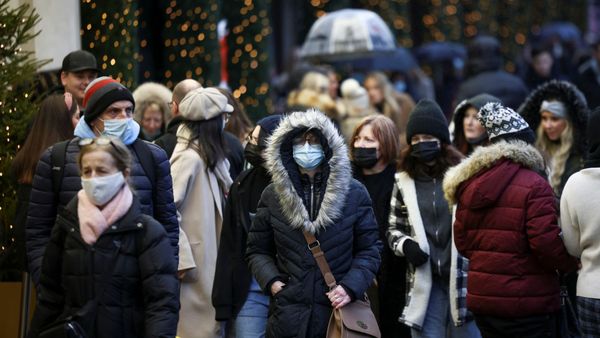The U.S. National Institutes of Health (NIH) launched Phase I clinical trials for three experimental HIV vaccine candidates. Developed by Moderna, all three vaccines utilize mRNA technology, the same platform used for creating the company’s FDA-approved COVID-19 vaccine.
- The vaccines prompt our body’s cells to produce a spike protein, which triggers the immune system to create protective antibodies and T-cells against HIV.
Zoom In: The Phase I trial will test the safety of the new vaccines and expects to conclude by July 2023. The trial has begun with 108 healthy adults between the ages of 18 and 55 at 11 research sites across the U.S. If everything goes as planned, the volunteers will receive 3 shots of the vaccine over a period of 6 months.
Zoom Out: The HIV/AIDS pandemic first began in June 1981 and has been ongoing for decades. The possibility of a cure has only recently become a reality thanks to mRNA vaccine development.
- According to UNAIDS, 37.7 million people were living with HIV in 2020, with 1.5 million newly infected just in that year.
- 680,000 people have died from AIDS-related illnesses in 2020.
- The HIV pandemic is most severe in Southern Africa, with over 10% of all people infected within the region. The numbers are highest in South Africa, standing at 7.8 million people infected with HIV in 2020, making it the country with the biggest HIV epidemic in the world.









